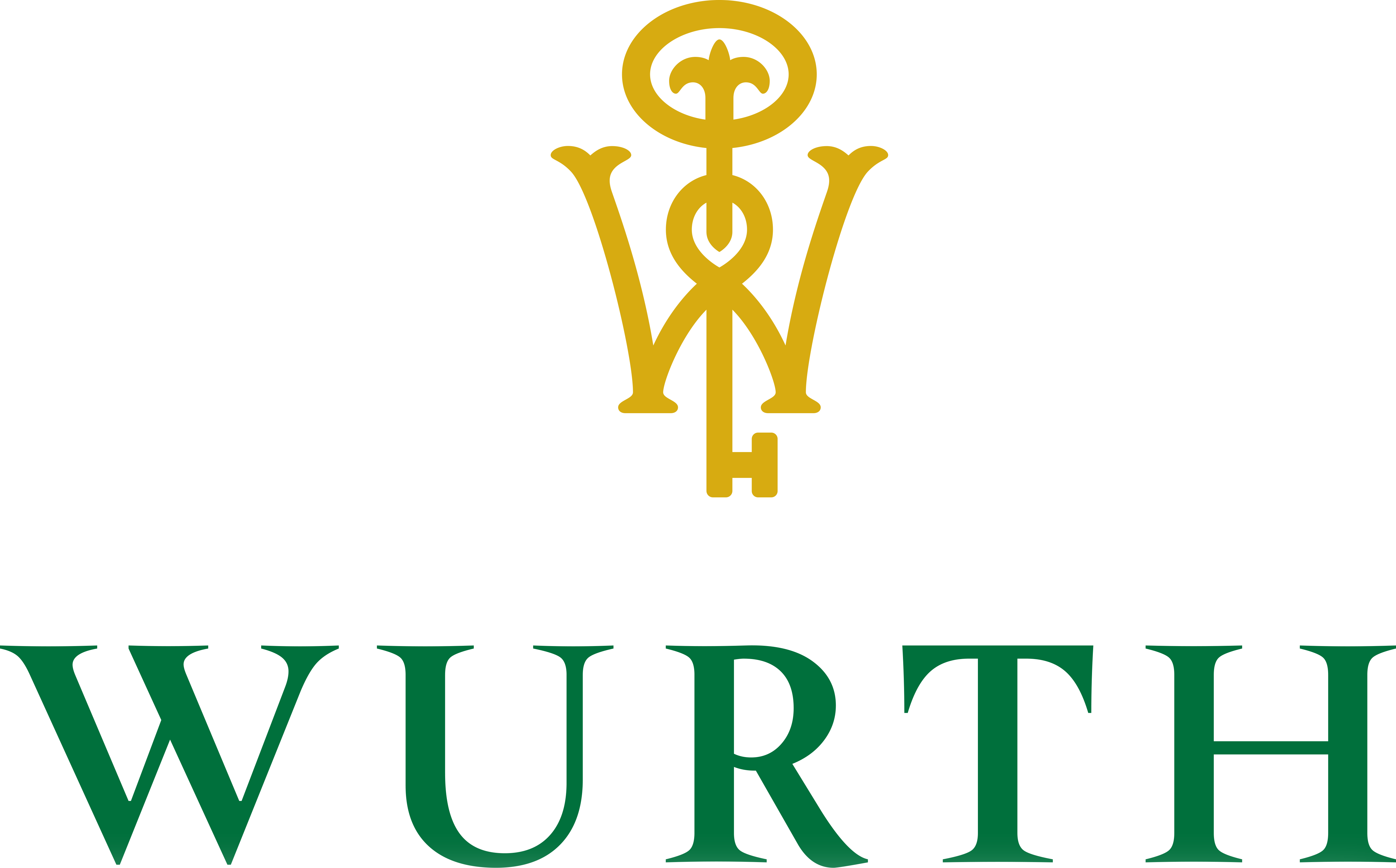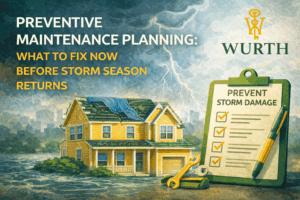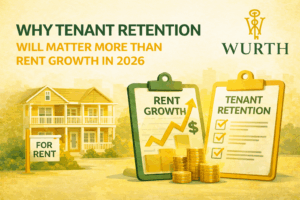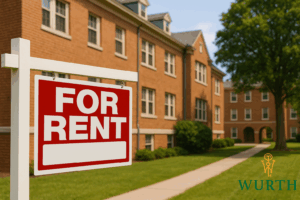
As a real estate investor, the wisest idea you should turn into a strategy is protecting your investment with all possible assets. One of these assets is a carefully planned preventive maintenance strategy. This strategy actually delivers more than just protection—it increases its value and keeps the tenants happy while saving you from headaches from costly repairs.
If you want to explore preventative maintenance in detail, keep reading to understand all the ins and outs.
Why is Preventive Maintenance such a Powerful Factor?
Just imagine what a small leak under the sink that turns into water damage that warps the flooring and invites mold can do to your property and tenants. Fixing that could cost thousands, but catching the leak early? That’s a quick patch job. With preventive maintenance, you will be able to spot problems before they become huge issues.
So, it is safe to say that with this strategy, you are protecting the property but also keeping your tenants safe and happy.
How Can You Manage the Strategy?
It can be very easy. Preventive maintenance can be organized into recurring tasks and seasonal upkeep. Here’s how to tackle each category efficiently.
Recurring Tasks: Small Steps, Big Results
Recurring maintenance addresses the little things that, if ignored, snowball into major issues. For example, use this monthly checklist:
- First, look for leaks under sinks, windows, and nearby appliances.
- Secondly, the smoke detectors and carbon monoxide alarms should be tested to see if they are functional.
- Third, ensure that the drains are cleared to prevent buildup that leads to flooding.
- Next, check the HVAC system as well as the refrigerator and oven
- Finally, do the outdoor check-up and ensure safe walkways, steps, decks, and patios.
Seasonal Maintenance: Adapting to Mother Nature
Every season brings challenges. Tackling these tasks ensures your property stays resilient year-round.
Spring and Summer:
As the sunny season kicks in, it’s smart to check the roof and clean out the gutters. For a hassle-free process, WeLease suggests working with a professional manager who can assist with seasonal maintenance tasks, giving you peace of mind. After that, enhance your curb appeal by trimming overgrown shrubs and adding colorful flowers. Don’t forget to service the HVAC system—change the filters yourself and leave the tune-up to the pros.
Fall:
In the fall, you need to prepare for winter by insulating the pipes and sealing the windows to prevent drafts. Again, check the HVAC system to make sure it is ready to operate during the colder months. And, of course, clean the chimney, especially if you own a fireplace.
Winter:
During winter, you need to monitor for ice and check gutters and downspouts to avoid blockages. Plus. you need to ispect for frost damage. Also, regularly inspect windows, doors, and pipes.
Getting Tenants Involved: A Team Effort
Tenants can play a role in keeping the property in top shape. Make expectations evident in the lease, and provide them with a simple checklist. Here are the tasks they can handle:
- Cleaning dryer lint traps after each use.
- Reporting leaks or unusual noises immediately.
- Keeping common areas clutter-free.
- Replacing light bulbs and cleaning floors regularly.
By sharing responsibility, you foster a partnership with your tenants. Plus, they’re more likely to take pride in their living space when they feel involved.
Property Managers – Professional Help
You can always call the pros when you feel overwhelmed by the tasks of the preventive maintenance strategy. Property managers are the experts who can handle everything related to running a successful rental property business. Here is how they can help specifically:
Expert scheduling: Property managers create maintenance calendars tailored to your property’s needs.
Vendor relationships: They have established networks of reliable contractors and repair professionals.
Tenant communication: Property managers handle tenant concerns promptly, ensuring minor issues don’t spiral out of control.
Compliance knowledge: They stay updated on local regulations, keeping your property legal and safe.
Real-Life Example: The Curious Case of the Water Heater
Imagine a tenant calling to report lukewarm water. A property manager coordinates a quick inspection and discovers sediment buildup in the water heater. Flushing it resolves the issue, preventing a full-blown replacement that could cost $1,000 or more. That’s the power of proactive maintenance—minor fixes that save big money.
Some Final Words
Preventive maintenance is a strategy that you need. It is not “nice to have” it is simply a must. With it, you can spot potential problems and get rid of them before they become serious and costly issues. You can always hire a property manager, or call Wurth PM and talk to our expert team to discuss your property management needs and we will explain to you how our prevteive maintenance strategy works.
So, start not: grab a checklist, schedule the inspections, and ensure the optimal condition of your rental property. Remember: a little effort now means fewer headaches later. And isn’t that what every property owner dreams of?






